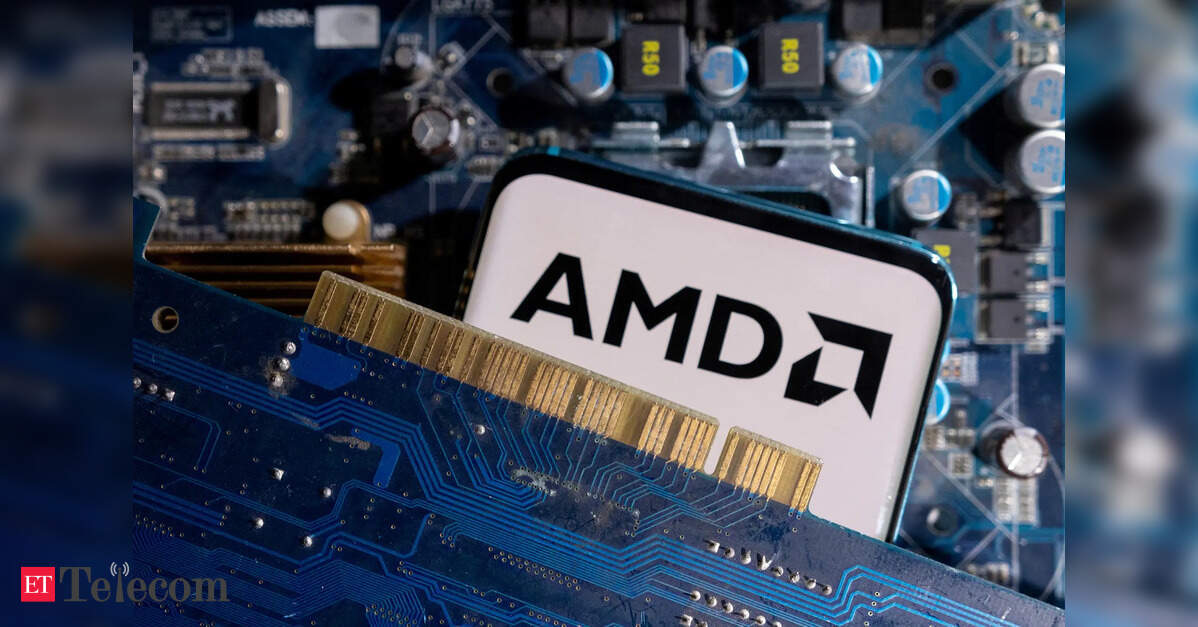Huawei CEO States Chips One Generation Behind US, Workarounds in Progress

Huawei Technologies CEO Ren Zhengfei has stated that while the company's chips are currently one generation behind those of its U.S. peers, Huawei is actively developing methods to enhance performance, notably through techniques like cluster computing. In an interview with the People's Daily, the official newspaper of the governing Communist Party, Ren expressed confidence, stating there is "no need to worry about the chip problem" despite ongoing U.S. export controls. He revealed that the tech giant invests a significant 180 billion yuan ($25.07 billion) annually in research and development, with a growing interest in compound chips, which are made from multiple elements.
Since 2019, the United States has imposed a series of export curbs aimed at hindering China's technological and military progress. These restrictions have limited Huawei and other Chinese firms' access to high-end chips and the necessary manufacturing equipment from abroad. Ren Zhengfei's recent comments mark the first official statements from him or Huawei regarding the company's advanced chipmaking endeavors, a topic that has become a significant point of contention in U.S.-China relations. The interview was notably published as top U.S. and Chinese officials were scheduled to resume trade talks in London, where U.S. tech restrictions on China were expected to be a key discussion point.
Detailing Huawei's approach to overcoming these challenges, Ren explained, "Our single chip is still behind the U.S. by a generation. We use mathematics to supplement physics, non-Moore's law to supplement Moore's law and cluster computing to supplement single chips and the results can also achieve practical conditions." He emphasized that software does not pose a bottleneck for the company. Cluster computing involves multiple computers working in concert, while Moore's Law traditionally describes the pace of chip advancement. Ren also suggested that "The United States has exaggerated Huawei's achievements. Huawei is not that great. We have to work hard to reach their evaluation," underscoring that Huawei is one among many Chinese chipmakers.
Huawei's Ascend series of AI chips directly competes in the Chinese market with offerings from Nvidia, the global leader in AI chip technology. This competition has intensified as the U.S. Commerce Department last month declared that the use of Ascend chips would constitute a violation of export controls. While Nvidia's AI chips are generally considered more powerful, Washington has barred the company from selling its most sophisticated chips to China. This has inadvertently led to Nvidia losing significant market share in China to Huawei.
In a demonstration of its progress, Huawei launched the "AI CloudMatrix 384" system in April. This system links 384 Ascend 910C chips into a cluster designed for training AI models. Analysts have noted that this system can outperform Nvidia's GB200 NVL72 system on certain metrics. Dylan Patel, founder of the semiconductor research group SemiAnalysis, commented that this development indicates Huawei and China now possess AI system capabilities that could potentially surpass Nvidia in specific applications.
Ren Zhengfei further elaborated on Huawei's research strategy, stating that approximately one-third of the company's substantial annual research budget is allocated to theoretical research. The remainder is dedicated to product research and development. He stressed the critical role of foundational science, remarking, "Without theory, there will be no breakthroughs, and we will not catch up with the United States."










